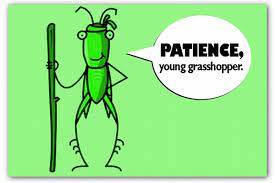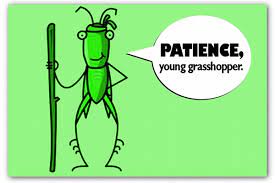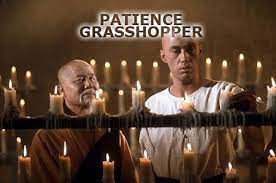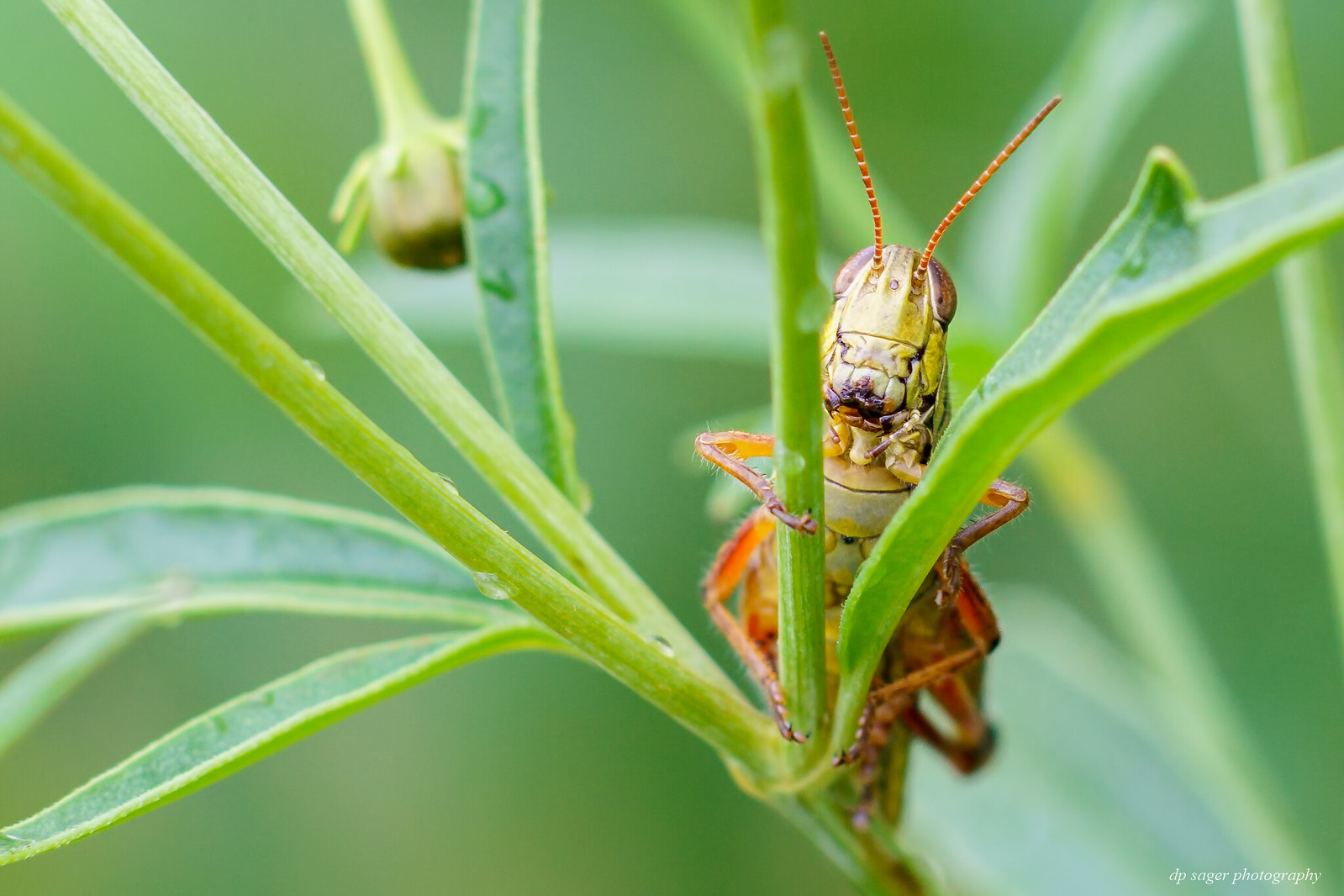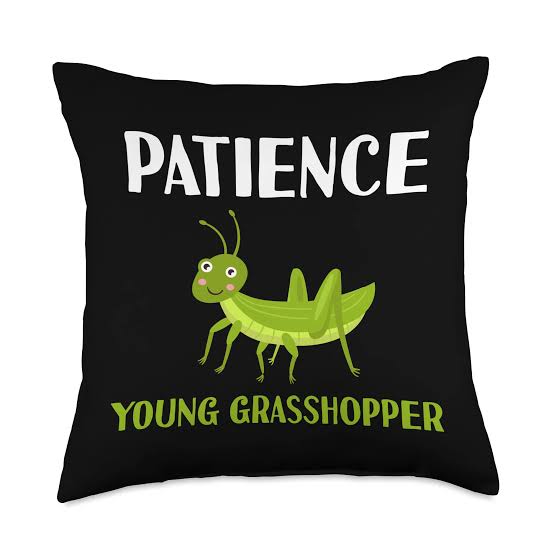Patience Young Grasshopper is a term or a quote which was used in a tv show, Kung Fu in the 1970s. In the show, Young Grasshopper was pictured as the student of Master Po. Master Po used to call his student Grasshopper, signifying patience as an important and ideal skill of martial arts.
The phrase, ''patient, young grasshopper'' simply means that, "one should be able to develop patience in their life" and, "how they have to be patient" in situations when needed.
What does Patience mean?
Patience is defined as a term which shows the ability of a person to live through difficult situations and circumstances. Patience is an ultimate destination of succession for a person. Having patience means that the person can remain calm and sound in very difficult circumstances. Having patience is very essential in a person's life. Patience is stated as the key to happiness and a happy life in the long term. Research has found out that if anyone wants to be successful and have a happy life, they should have to wait for the end result and should not be inpatient and ruin the whole process. To understand the importance of patience in one's life, a saint meditating for a long time is in a state and has the ability to wait for the time he achieves his destination.
Patience, Young Grasshopper
When the Master Po was teaching his students about different strategies in the martial arts, he concluded with a state Patience, Young Grasshopper. This phrase simply defines that everyone has to be patient in difficult situations. The patient grasshopper symbolizes various things such as good luck, happiness and togetherness in the Asian countries. When talking specifically about China, they keep grasshoppers as their pets and are very fond of them. China is also more favourable towards sons, so In the tv show Master Po saw Cain as his son or pet and as metaphorically stated him the patient grasshopper. This phrase is seen as a little amusing from the point of view of fans and also movie makers.

Also Read:- Where does that phrase come "Good luck grasshopper" ?


